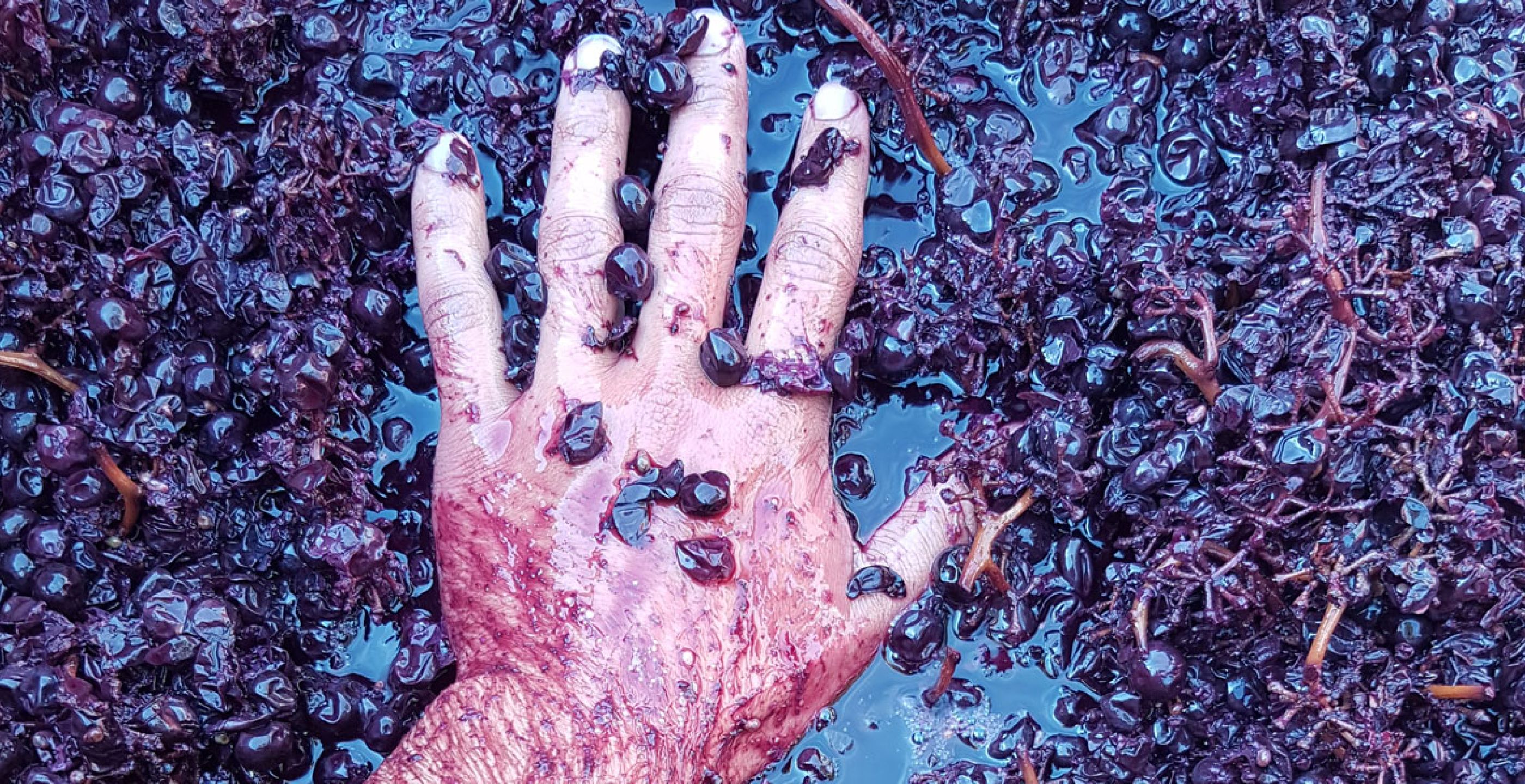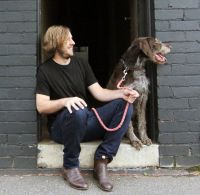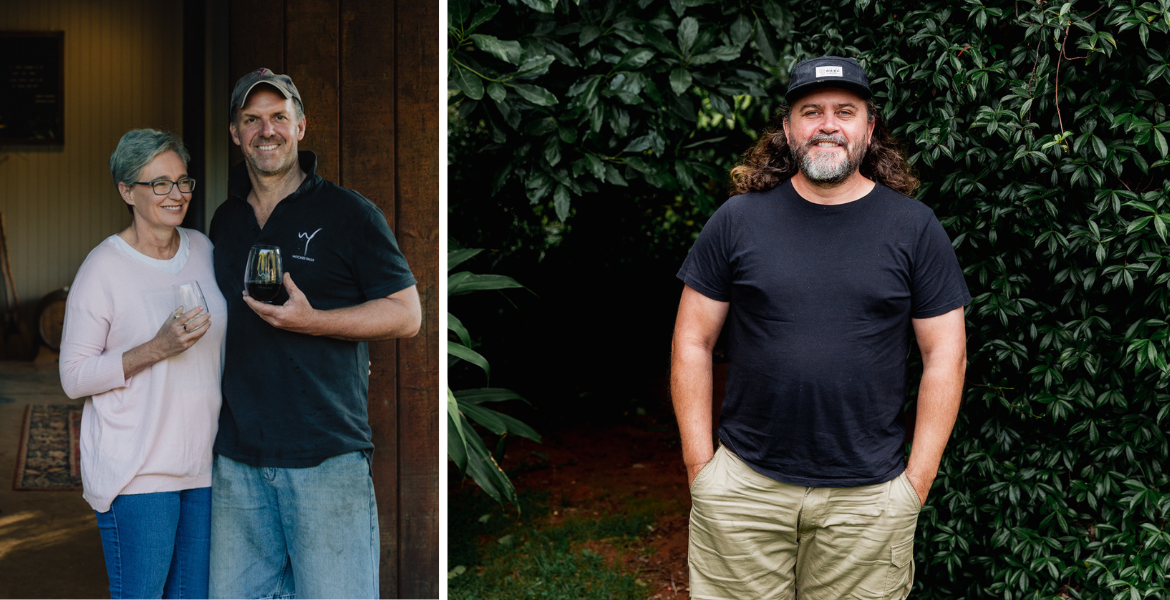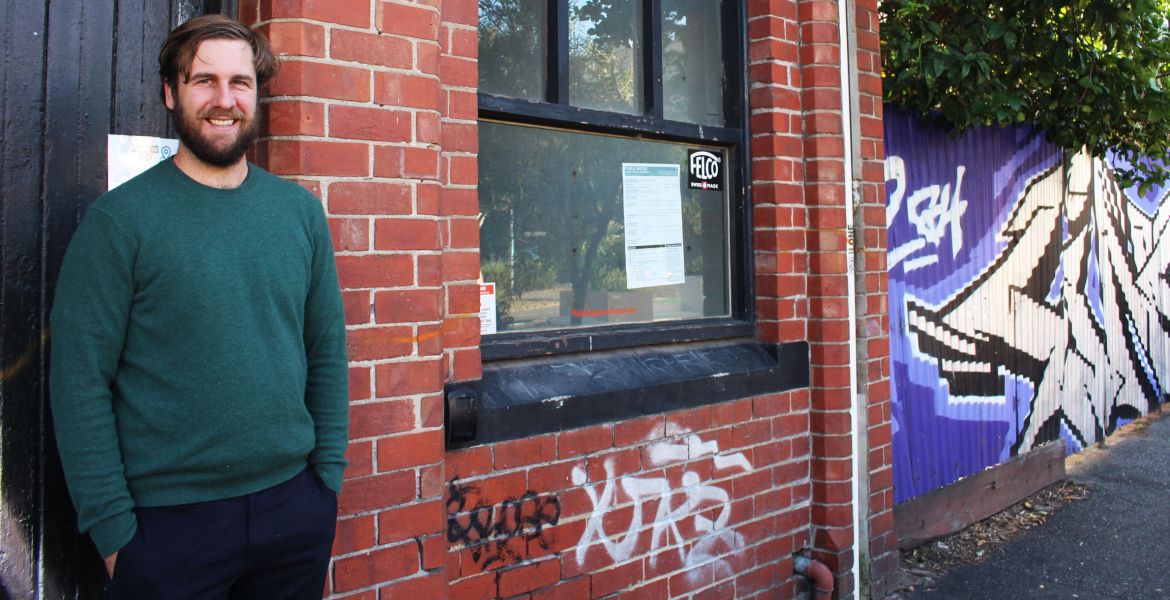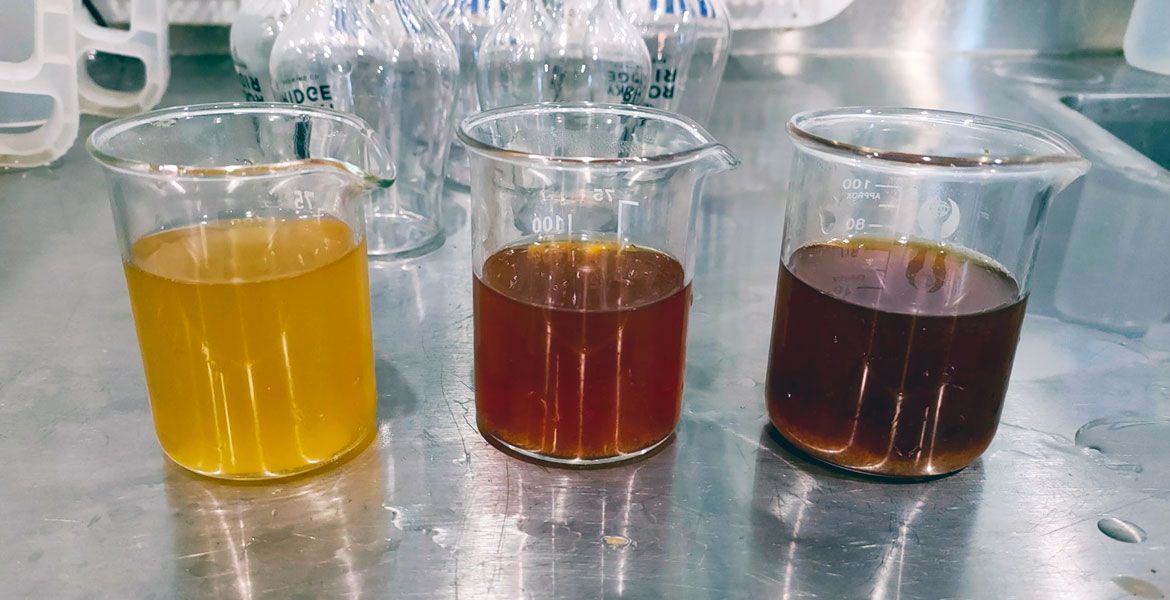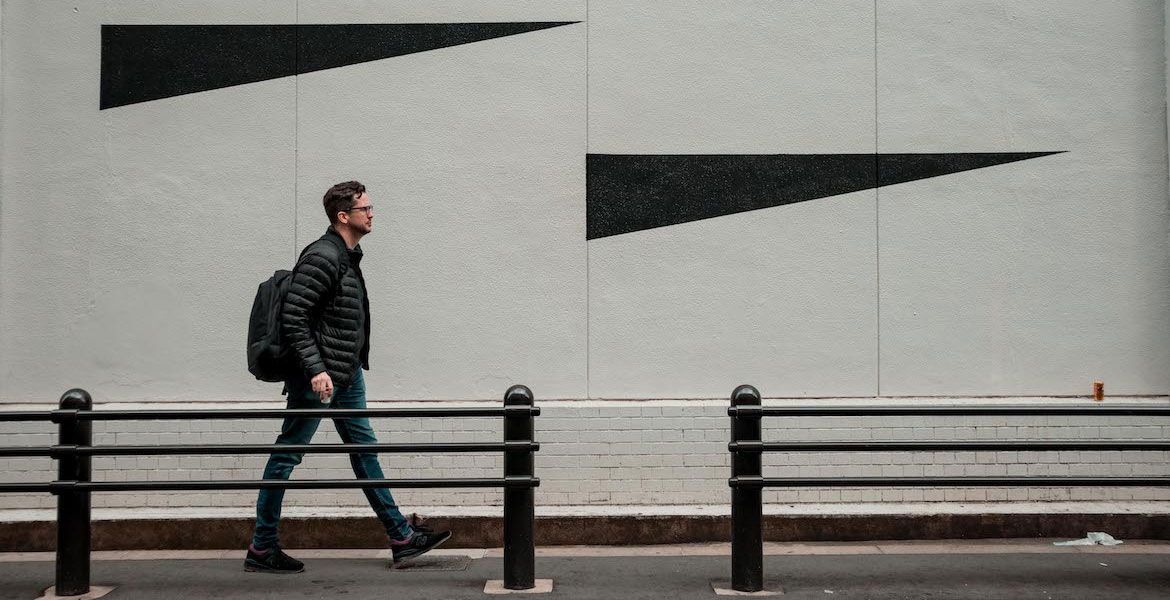Over the past 18 months, young brewer Nic Sandery has been documenting his path as he prepares to launch Molly Rose Brewing. They are preparations that have taken in travels to beer cultures and breweries across the globe, from Japan and the US to the UK and Germany, seeking inspiration and ideas to infuse his own beers.
After returning to Australia, he embarked on one further experience before Molly Rose: working vintage so he could understand another aspect of the broader alcohol industry. Many of the country's best known breweries have former winemakers in leading roles, after all, including Two Birds, Bridge Road Brewers and Stone & Wood.
Next month will see the first Molly Rose beers enter the public realm. Ahead of that, Nic has captured the experiences of a brewer let loose in the wine industry for us.
What was the most surprising thing about working in the wine industry?
Grapes taste remarkably different to each other.
I know what you are thinking, "Of course they do, Nic. Red grapes/white grapes they taste different."
No, no, no. What I mean is that chardonnay from one vineyard can be plump and full of punchy white peach and then the next chard* from down the road is tight and bright with zingy lemon zest. I will admit to complete ignorance or perhaps ignorance with a dash of skepticism. I should have known there would be nuances – winemakers are always talking about terroir and spruiking single vineyard releases, after all – but, honestly, I never quite bought into it.
*I am allowed to call it this as I am now one of the wine crew.
Why did you want to work a vintage in the wine industry?
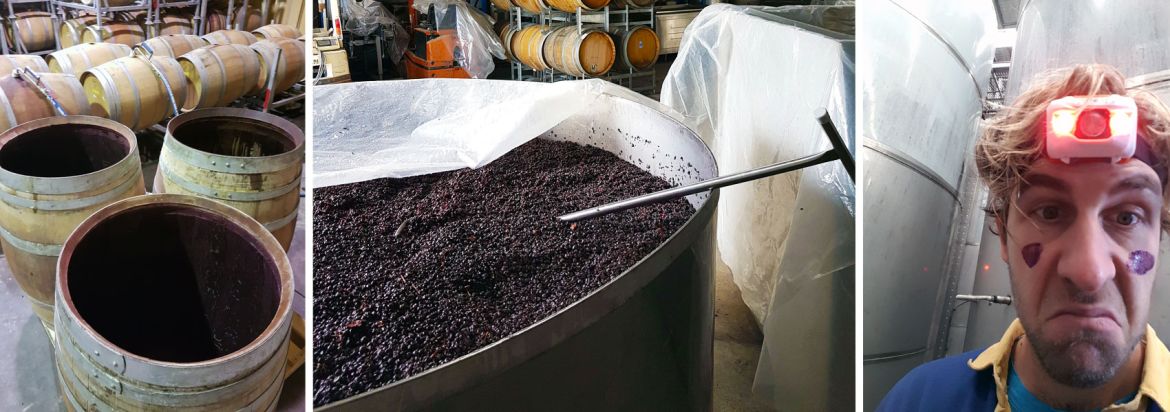
I grew up wanting to be a winemaker and, right up until I submitted my uni preferences, it was still in the running. After spending six years in beer and four months travelling around the world investigating beer culture and traditions, I am coming to realise that the more I learn the more there is to be learnt. This may also be related to me soon leaving my twenties behind...
I guess if you wanted me to boil down the reason behind my stint in a winery to a one-liner, it would be something about "stealing secrets to extract tastiness". Beer and wine are produced in much the same way. An agricultural product is processed in order to maximise tastiness and turn the sugar in to alcohol.
At the risk of inflating the already large egos of [some] winemakers, I came away from the experience with a lot of respect for their ability to form such complex and well balanced beverages using essentially only grapes.
What was your role in the winery?
I recently described my role at the winery as the equivalent of putting beers into boxes and washing kegs at a brewery. I was the winery floor scrubber, albeit the one who asked lots of questions and frowned at certain hygiene practices.
Fortunately, this floor scrubbing role was diverse! In a winery, most of the work takes place in about ten weeks of the year and you don’t get to choose when you do this work. When the grapes are ready, you harvest them pronto (otherwise tastiness will not be maximised!).
This means that every day was different: processing new fruit, tending to ongoing ferments and preparing for future ones. So, while the day could begin with an hour of scrubbing, I could very soon be eating minerally vermentino grapes whilst loading them into press. I might then eat fruity, dark berry shiraz as we de-stemmed the little fellas and tipped them into fermenters.
After lunch, I might get to eat some slightly boozy, spicy pinot noir grapes while plunging their ferments**. I ate a lot of grapes.
I also got to see the production of 15 or so different wines and the way each variety and even vineyard was handled differently throughout the process in order to enhance their strengths and minimise their shortcomings.
**Plunging is a process where you push the whole grapes and grape skins into the fermenting juice/wine below in order to extract flavour and colour from the skins and seeds.
What were the main differences you found between making beer and wine?
The glaring difference between the two is scheduling and recipe development. In beer, we decide what we brew and when. We choose the ingredients and have them delivered when we want. Sure, the occasional request from a sales rep or logistics manager may ask for 70 cartons of a yet-to-be-brewed beer to be ready by tomorrow, but for the most part we brew to schedule. We can also make beer all year round – 24/7 if need be.
Winemakers pick grapes when they are at the right ripeness and the process starts from there, whatever day it might be and no matter if all of the tanks are full.
The reactivity in winemaking was different too. After daily tests and tastes, a decision about what should happen to that wine that day would be made.
What lessons will you take from this into Molly Rose?
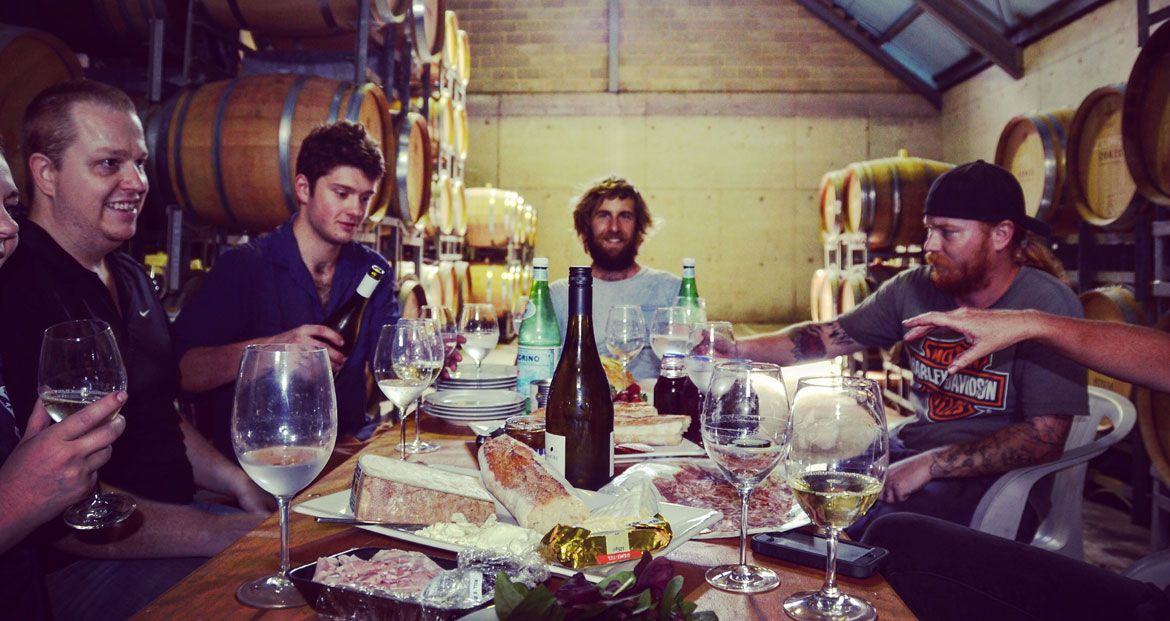
One of the questions I get asked most about my experience is: “Are you going to be a winemaker now?”
To which I respond as gently as possible in the negative. I loved my time in wine and learned so much about tasting and making wine but, seriously, you only get to make it one time a year and you only get to use one ingredient. What I hope to be is a better brewer.
I learnt about grapes: their skins, their seeds, their stems, their tannins and proteins and a little tiny bit about how and when to extract them.
I learnt about oak barrels: how to roll them around and how to hit them with hammers to make them stop leaking.
I learnt about wild yeast native in vineyards and I learnt about the fear of brett! I hope that what I have learnt will help me show the respect for raw ingredients I see winemakers display in their pursuit of fashioning delightful, well balanced wine from delicious grapes. Molly Rose has changed for the better and I cannot wait to start making some beers (at any time of the year).
Do you think brewers would benefit from stepping into a different world like this?
I really do. A lot of brewers get caught up chasing new trends and new hops and bigger and better beers. Taking a step to the side to reassess why you do what you do is invaluable. Even just tasting and talking wine with people who know a whole lot more than you is an incredible learning experience.
Would you do vintage again? Or explore other beverage production?
I’d never say never but at the moment I’m concentrating on getting Molly Rose off the ground. I do like whisky, gin, sake and coffee so I am sure there is something to learn there…
If your vintage were turned into a movie what would the title be?
A brewer walked into a winery and ate all of the grapes.
Nic would like to thank Kate and Caroline from Goodman Wines and Bird on a Wire for welcoming him into their shared winery and putting up with brewer based jokes. And also Callie and Nina who took him on for the end of their vintage at Wine Unplugged.
You can read the rest of Nic's articles for us here and look out for news of Molly Rose's launch soon.



